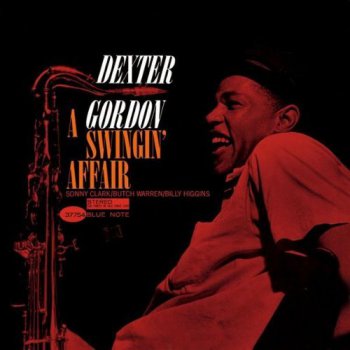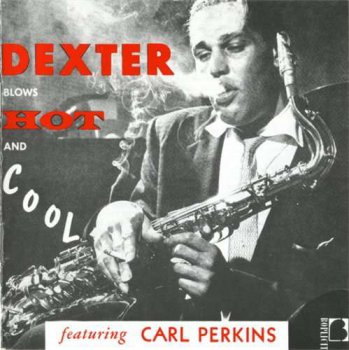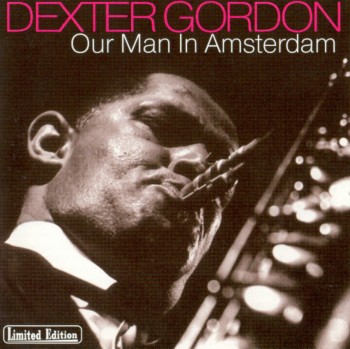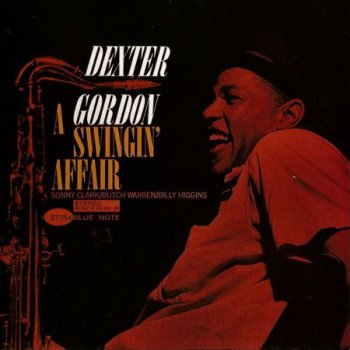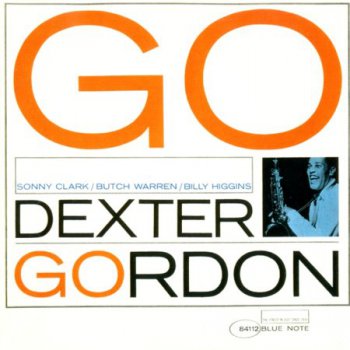THE ROLLING STONES «Discography» (20 × CD · London ⁄ Polydor K.K. · Issue 1989)
Performer: THE ROLLING STONES / ザ・ローリング・ストーンズ Album / collection: «Discography / ディスコグラフィー» Series: Japan First Press Series— Label: (c)(p) 1964-1972 London / PolyGram / Polydor K.K. Source: Rip by KoGGaN™ scans by inet… Official DR value: •12•10•11•11•11•12•12• •11•10•11•11•12•10•11•11•12•13•12•11•11• Catalog (Barcode): much… Genre / Style: Rock, Blues Rock, Rock " alt="">
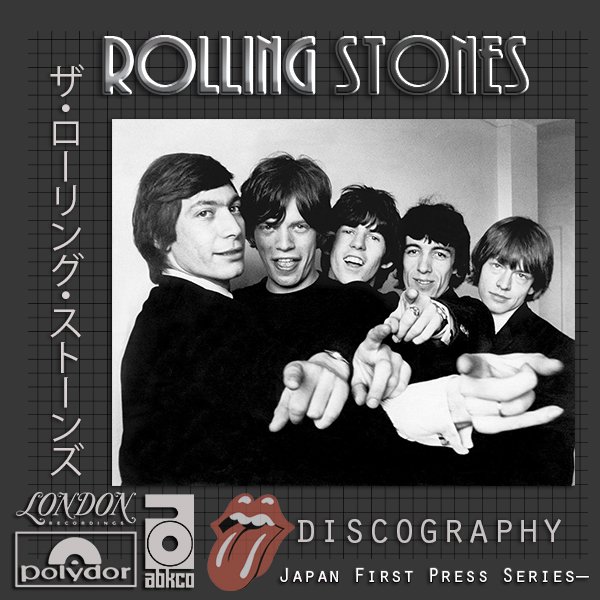
THE ROLLING STONES «Discography» (20 × CD · London ⁄ Polydor K.K. · Issue 1989)
Performer: THE ROLLING STONES / ザ・ローリング・ストーンズ Album / collection: «Discography / ディスコグラフィー» Series: Japan First Press Series— Label: (c)(p) 1964-1972 London / PolyGram / Polydor K.K. Source: Rip by KoGGaN™ scans by inet… Official DR value: •12•10•11•11•11•12•12• •11•10•11•11•12•10•11•11•12•13•12•11•11• Catalog (Barcode): much… Genre / Style: Rock, Blues Rock, Rock " alt="">
03 10, 2025
Rick Springfield – Original Album Classics (2014) 5CD
Artist: Rick Springfield Title Of Album: Original Album Classics Year Of Release: 2014 Label (Catalog#) :RCA, Sony Music, Legacy [88843045222] Country:: USA Genre: Pop Rock, Power Pop Quality: FLAC (tracks+cue,log) Bitrate: Lossless Time: 03:21:19 Full Size: 1.45Gb(+3%)(covers) Info: wiki Upload: xfile.cloud
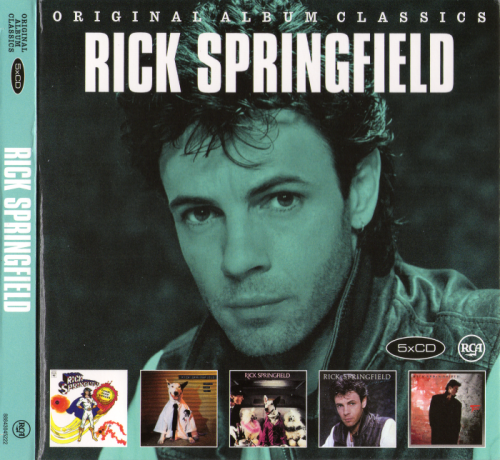
Rick Springfield – Original Album Classics (2014) 5CD
Artist: Rick Springfield Title Of Album: Original Album Classics Year Of Release: 2014 Label (Catalog#) :RCA, Sony Music, Legacy [88843045222] Country:: USA Genre: Pop Rock, Power Pop Quality: FLAC (tracks+cue,log) Bitrate: Lossless Time: 03:21:19 Full Size: 1.45Gb(+3%)(covers) Info: wiki Upload: xfile.cloud
03 10, 2025
REO Speedwagon: 1971-1980 10 Mini LP CD • DSD Mastering 2011 / Hi Infidelity 2CD Set 30 Anniversary Edition Digital Remaster 2011 ● 40 Anniversary
Lossless Galaxy Release REO Speedwagon: 1971-1980 10 Mini LP CD 40 Anniversary ● DSD Mastering 2011 REO Speedwagon: Hi Infidelity 2CD Set 30th Anniversary Edition 40 Anniversary ● Digital Remaster 2011 Epic Records / Sony Music Japan Performer: REO Speedwagon Albums: -------------- ☆☆☆☆☆☆☆☆☆☆☆ -------------- 1971 REO Speedwagon ● 1972 R.E.O/T.W.O. Epic Records / Sony Music Japan Mini LP CD 2011 ● EICP-1480/EICP-1481 -------------- ☆☆☆☆☆☆☆☆☆☆☆ -------------- 1973 Ridin' The Storm Out ● 1974
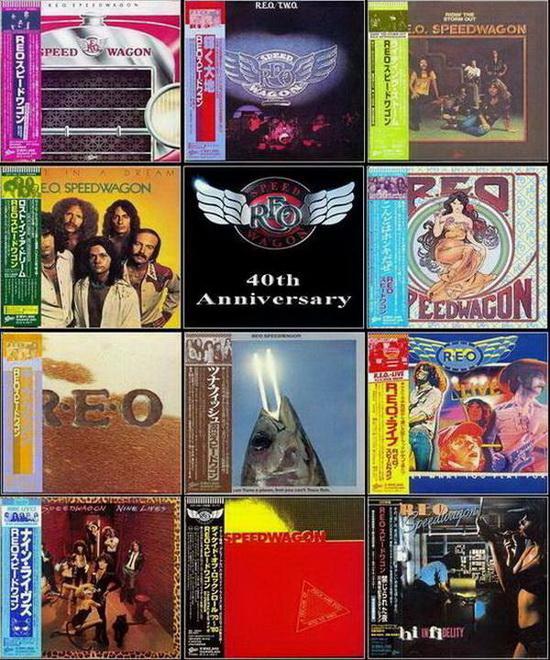
REO Speedwagon: 1971-1980 10 Mini LP CD • DSD Mastering 2011 / Hi Infidelity 2CD Set 30 Anniversary Edition Digital Remaster 2011 ● 40 Anniversary
Lossless Galaxy Release REO Speedwagon: 1971-1980 10 Mini LP CD 40 Anniversary ● DSD Mastering 2011 REO Speedwagon: Hi Infidelity 2CD Set 30th Anniversary Edition 40 Anniversary ● Digital Remaster 2011 Epic Records / Sony Music Japan Performer: REO Speedwagon Albums: -------------- ☆☆☆☆☆☆☆☆☆☆☆ -------------- 1971 REO Speedwagon ● 1972 R.E.O/T.W.O. Epic Records / Sony Music Japan Mini LP CD 2011 ● EICP-1480/EICP-1481 -------------- ☆☆☆☆☆☆☆☆☆☆☆ -------------- 1973 Ridin' The Storm Out ● 1974
03 10, 2025
Жанры
Lossless Galaxy Release
Русская музыка
--Поп
--Рок
--Панк
--Альтернатива
--Металл
--Рэп, Хип-Хоп, R'n'B
--Джаз и Блюз
--Фолк
--Шансон, Авторская песня
--СССР
Зарубежная музыка
--Pop
--Rock
--Hard Rock
--Progressive & Art-Rock
--Pop-Rock & Soft Rock
--Instrumental Rock
--Heavy, Traditional, Industrial Metal
--Power, Gothic, Sympho Metal
--Thrash, Speed, Groove, Modern Metal
--Death, Melodic Death, Doom, Dark Metal
--Black, Pagan, Folk, Viking Metal
--Alternative
--Punk
--Disco, Eurodance
--Rap, Hip Hop, R'n'B
--Reggae, Ska, Dub
--Jazz, Blues, Soul
--Folk, Country, Ethnic
--Electronic, Ambient, New Wave
--House, Techno, Trance
Другие жанры
--New Age, Relax, Meditative & Flamenco
--Chillout, Lounge, Downtempo, Trip-Hop
--Drum & Bass, Jungle, Breakbeat, IDM
--Classical / Классическая музыка
--Soundtrack
--Музыкальные сказки
Vinyl Rip
HI-Res / DVD-Audio / DTS
--SACD
--DSD
--DVD-Audio
Сборники Lossless-Galaxy
Альбомы 2022
Альбомы 2023
Альбомы 2024
Теги
1st Press 2022 2023 2024 2025 70... AOR Black Metal Blues Blues Rock Bootleg Series Classic Rock Death Metal Discography Exclusive for Lossless-Galaxy Folk Rock Fusion Hard Rock Heavy Metal Hi-Res Japanese Edition Jazz Jazz Rock lossless Melodic Death Metal Melodic Rock Modern Electric Blues Pop Pop Rock Power Metal Prog Rock Progressive Metal Progressive Rock Psych Rock Psychedelic Rock Rock SACD Symphonic Metal Thrash Metal Дискографии от KoGGaN
Архивы
Опрос
В каком формате хотели бы видеть релизы на сайте ?
 Автор: LeddZepp, 18 сентября 2022, Комментариев: 0, Просмотров: 1 309
Автор: LeddZepp, 18 сентября 2022, Комментариев: 0, Просмотров: 1 309Dexter Gordon - Ballads (Compilation) (1991)
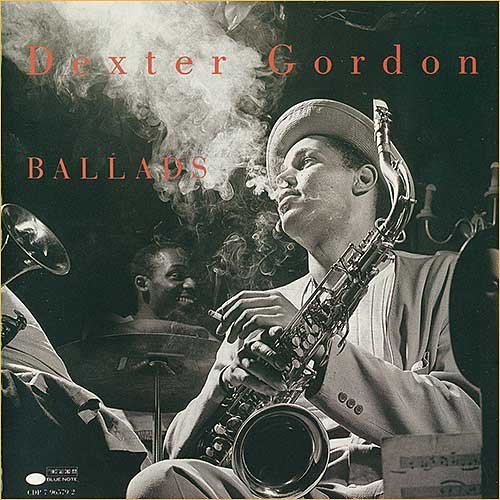
Year: 1991 (CD 1991)
Label: Blue Note (U.S.), CDP 7 96579 2
Style: Jazz, Hard Bop
Country: Los Angeles, California, U.S. (February 27, 1923 - April 25, 1990)
Time: 63:20
Format: Flac Tracks 16/44,1 kHz
Size: 354 Mb
Dexter Gordon — американский актер, джазовый саксофонист, один из "первопроходцев" игры в стиле хард-боп на тенор-саксофоне. Был номинирован на премию Оскар за лучшую мужскую роль первого плана в ленте "Round Midnight" (1986). Признан критиками и музыкантами одной из самых влиятельных и почитаемых личностей в мире джаза. Внес неоценимый вклад в развитие стилистической концепции для саксофона и тенор-саксофона, их мощной и полнозвучной игры.
Только в 13 лет Гордон начинает учиться игре на кларнете, однако, делает на музыкальном поприще ошеломительные успехи. За свой рост в 198 см к нему быстро приклеилось прозвище "Долговязый Декстер". С самого начала знакомства с саксофоном и до середины 60-х годов он не расставался с тенор-саксофоном Conn 10M "Ladyface" с мундштуком Dukoff Hollywood B.D. 5*, затем отдал предпочтение Selmer Mark VI и стал использовать мундштук Otto Link Florida. Такое сочетание в то время было стандартным для джазовых саксофонистов.
Декстер выступал с такими известными исполнителями как Луи Армстронг, Джонни Гриффин, Тэдд Демерон, Лайонел Хемптон, Чарльз Мингус и другими. Записывался на самых известных студиях Blue Note Records, Savoy и Columbia Records. В 1947 году на некоторое время присоединился к оркестру Флетчера Хендерсона, но покинул его довольно быстро. Он вообще предпочитал вести кочевую жизнь, не оставаясь долго на одном месте. В 60-х судьба свела его с известным теннисистом Торбеном Ульрихом и Гордон перебирается в Копенгаген, где жила семья его друга. Впоследствии Декстер становится крестным новорожденному сыну Ульриха Ларсу, который сегодня известен как ударник группы Metallica.
(jazzmap.ru/band/dexter-gordon-dekster-gordon.php?ysclid=l87jwfhhdf826795632)
В трек-листе в скобках указал год первой записи в исполнении Dexter Gordon. Сами мелодии намного старше.
01. Darn That Dream (07:32) (1955)
02. Don't Explain (06:06) (1962)
03. I'm A Fool To Want You (06:45) (1965)
04. Ernie's Tune (04:16) (1962)
05. You've Changed (07:27) (1961)
06. Willow Weep For Me (08:48) (1963)
07. Guess I'll Hang My Tears Out To Dry (05:22) (1962)
08. Body And Soul (17:00) (1967)



При желании можно посмотреть все мои публикации на сайте. Приятного прослушивания. Жмём и смотрим (Click to see all of my posts)!
Внимание! У Вас нет прав для просмотра скрытого текста.
Изменил: LeddZepp по причине: Обновил ссылки и Описание.
Похожие новости:
Комментарии отсутствуют
Добавить комментарий!
Информация
Посетители, находящиеся в группе Гости, не могут оставлять комментарии к данной публикации.

